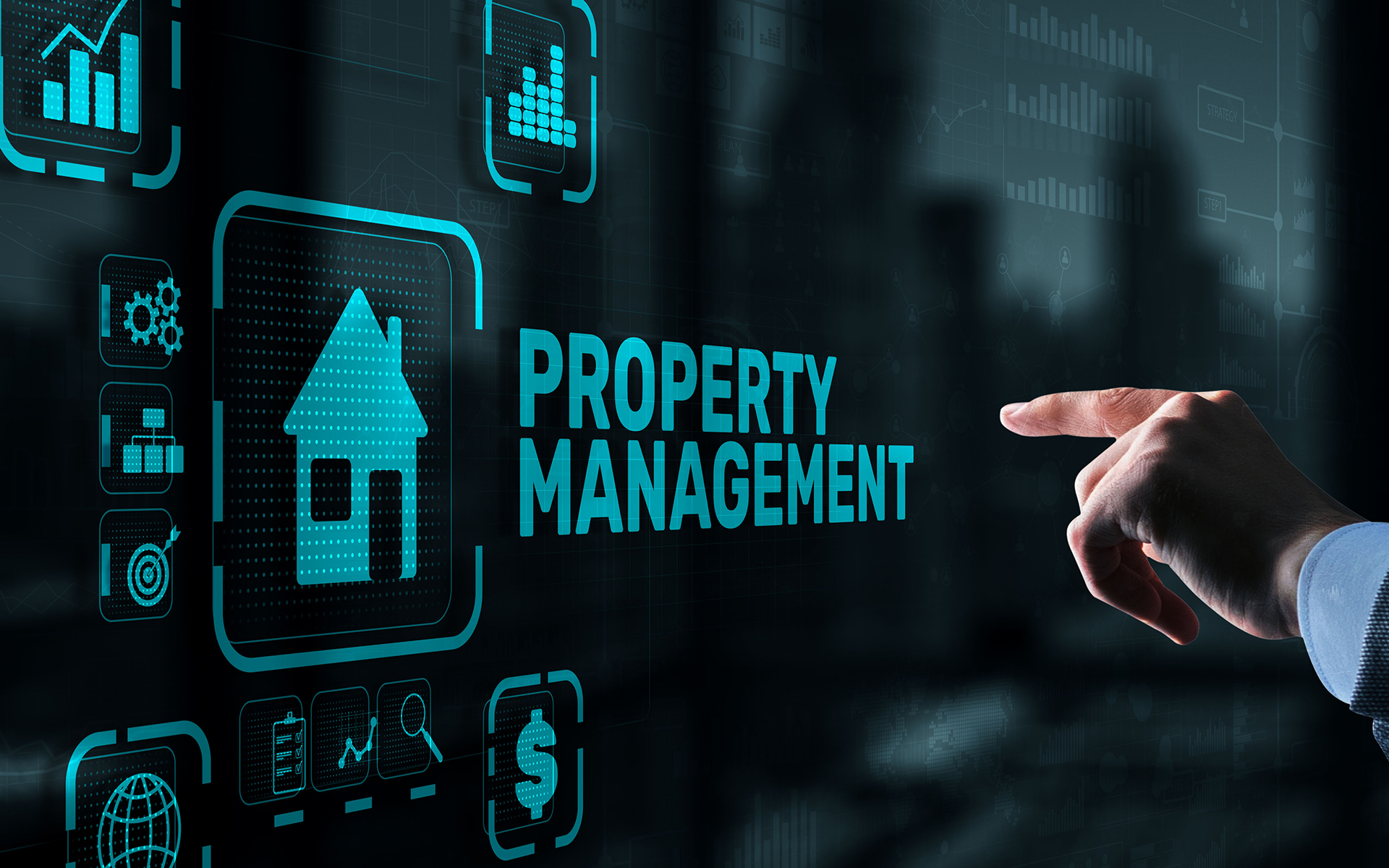Why you need property management software
Property management in an evolving landscape Property management has evolved rapidly with the introduction of technology. In the past, renting out a property was a complex process with a lot of paperwork, face-to-face meetings, and manual maintenance of the tenant database. But in the age of landlord software, property managers, landlords and real estate agents have the ability to streamline processes, automate repetitive work, and generally become more efficient.
There has been a growing need for automation and centralization which has popularized these platforms. Real estate management software streamlines tasks such as rent collection, leasing, maintenance requests, and tenant screening. With cloud-backed platforms, real estate agents can access data 24/7 from any location, leading to easy management of assets across different locations.
But in addition to efficiency, such platforms also enhance communication with tenants and ensure compliance with the various regulatory and financial requirements. Property management software Organized Because whether you manage one property or a thousand, a streamlined process means less stress and reduced loss from good old human error. Given the increasing role of technology in real estate, selecting the right property management software has become requisite for keeping up with the competition while providing a seamless experience for landlords and tenants alike.
Features to Consider When Selecting a Property Management Software
When it comes to property management software, you’ll want to consider whether the platform contains a suite of tools you need to run operations most effectively. Well-designed software should make your day-to-day work easier and keep you out of trouble with both the law and your bank balance. Here are several of those features worth looking for:
Lease management and tenant tracking
A quality platform would include capabilities to save lease contracts, calculate expiration dates and generate automatic renewal notices. A central repository for tenant information assists landlords and property managers remain organized and manage leases effectively.
Tenant Verification and Onboarding
Good tenants are key to long-term rental prosperity. Landlord software should have background checks, credit history checks, employment verification to help landlords make solid decisions when it comes to choosing a renter.
Management of maintenance requests
Tenants may also use the built-in service request system to submit maintenance requests online, and landlords and property managers may assign work orders to contractors and track their job progress. Some platforms even have automated scheduling and tracking of costs.
Automatic Rent Collection and Financial Reporting
Automation is the rent collection game-changer that minimizes the chances of late payments and human mistakes. Online payments, automatic invoicing, and late fee enforcement We mentioned that you don’t want to waste time manually creating and delivering invoices, right? In addition, you can easily–more efficiently–monitor income, expenses and tax deductions using the financial reporting tools.
Cloud Access and Mobile Functionality
Cloud-based property management Cloud-based property management systems, users can access their account from everywhere. Platforms that are mobile responsive are flexible, giving landlords and property managers the convenience to complete tasks while on the move, like chatting with tenants or checking financial statements.
Security and Compliance
Because property management software manages your tenants’ data and financial information, security is of utmost importance. Seek for a platform that has encryption, secure-paying features, and which complies with industry regulations (GDPR, or your state’s specific rental laws).
Concentrating on these key attributes will guarantee that landlords and property managers will select the software that will allow enhanced productivity, while removing mundane administrative work and will provide a hassle free property management experience.
Best Property Management Software for Landlords: Small and Large Scale
The right property management software depends on the size of the rental portfolio and the unique business requirements. Small landlords may be able to get by with basic tools for collecting rent and managing tenants, but big real estate companies need sophisticated automation, reporting and integration. Here is a breakdown of the best property management software by business size.
Best for Medium to Large-Scale Landlords & Property Managers
For those using the platform across multiple properties or teams, scalability and automation features are important.
Buildium – Popular among property managers who manage commercial or residential properties alike. It offers online payments, accounting, maintenance tracking and a tenant portal.
AppFolio – Tailored towards bigger property management companies, AppFolio provides AI leasing, adaptive accounting and customised workflows. If you’ve got properties to manage on a larger scale, this is the best option for you.
Yardi Breeze – An adaptable tool perfect for small and large landlords. It also provides you with marketing features, rent collection tools, the ability to track maintenance, and financial reporting.
How to Choose Property Management Software
Scalability – The platform you select should be able to scale with your business and your portfolio.
Pricing – Subscription costs can vary quite a bit. Small landlords might like pay-per-unit models; large companies gain from all-in-one solutions.
Integration – Look for software that will integrate with your accounting software, CRM system, and marketing platform for easy moving and managing money.
Landlords and property management companies who choose the appropriate property management software for their portfolio’s size can streamline their operations, decrease the administrative workload and even improve tenant relationships.
Its compatibility with other real estate software and platforms.
In the modern digital era, PM software is expected to fit in smoothly alongside other real estate tech in order to optimize performance. Integrations with CRMs, accounting tools, MLS databases, and payment gateways enable property managers to optimize their workflows, eliminate manual work, and increase the quality of their data across the board.
Why Integrations Matter
There are a number of tasks that go into managing property–from communication with tenants to tracking leases to marketing and financial reporting. Rather than standing up independent software, property management software with meaningful integration sacrifices for:
Centralised Data Management: Synchronise data between platforms to save data entry time, mistakes and eliminate duplicate data.
Automated Tasks: Rent payments, financial statements, and lease renewals are all easily automated with integrated systems.
Better teamwork: Because everyone is looking at the same data source, decision-making and communication are improved.
Important Software Integrations to Consider
Customer Relationship Management (CRM): Allows property managers to keep track of leads, communicates with tenants, and efficiently manages follow-ups. For example, Buildium can be connected to HubSpot and Salesforce.
Accounting Software -QuickBooks and Xero Integrate for automated financials reporting and tax preparation.
MLS & Listing Platforms: Integration with MLS databases for real-time listings and seamless syndication.
Payment Gateways: Software such as AppFolio and Y
Summary: Selecting the Best Property Management Software
Investing in the right property management software is essential to streamline your processes, focus on customer satisfaction, and maintain financial sanity. The right answer for you will vary based on your portfolio size, team needs, and the features you need to make your day to day operations seamless. Efficiency across expanding portfolios can only be achieved with features like automatic rent collections, maintenance management, all-in-one accounting, and infinite scalability.
Integration with CRM, MLS and payment systems When comparing property management software make sure that it integrates with other systems that you are using such as your CRM, MLS systems and payment systems. Integration is seamless, promoting smooth operations, accurate data synching, and a greater degree of collaboration between all stakeholder parties.
In an industry that has boomed due to the advance of technology, companies like redbriQ are broadening this focus of the services it offers to streamline the process of property management and hone the business. Discover how redbriQ’s integrations and rich features will make managing properties a breeze.



